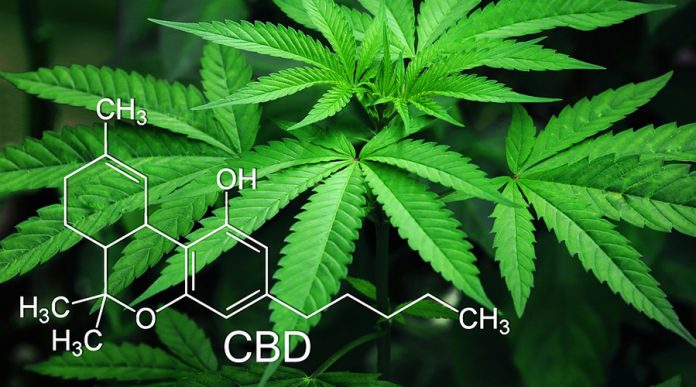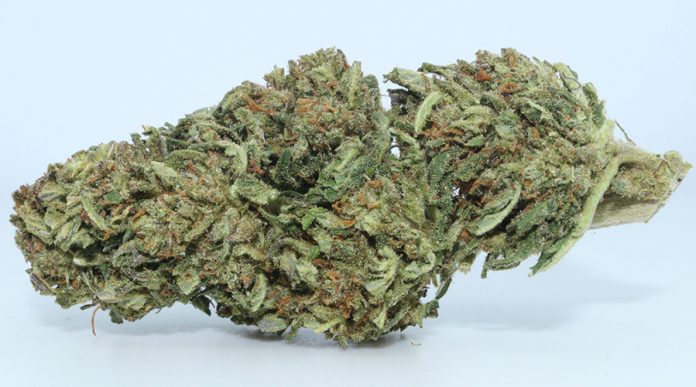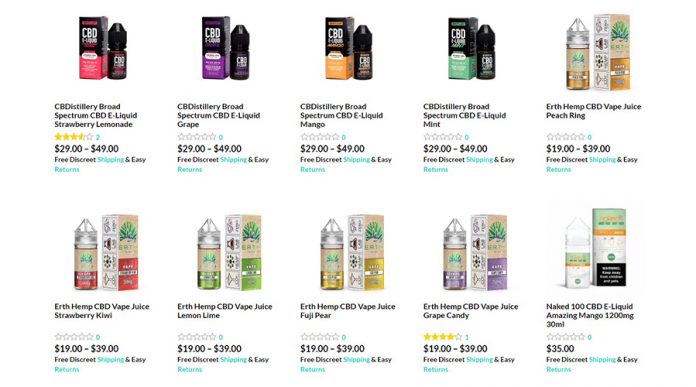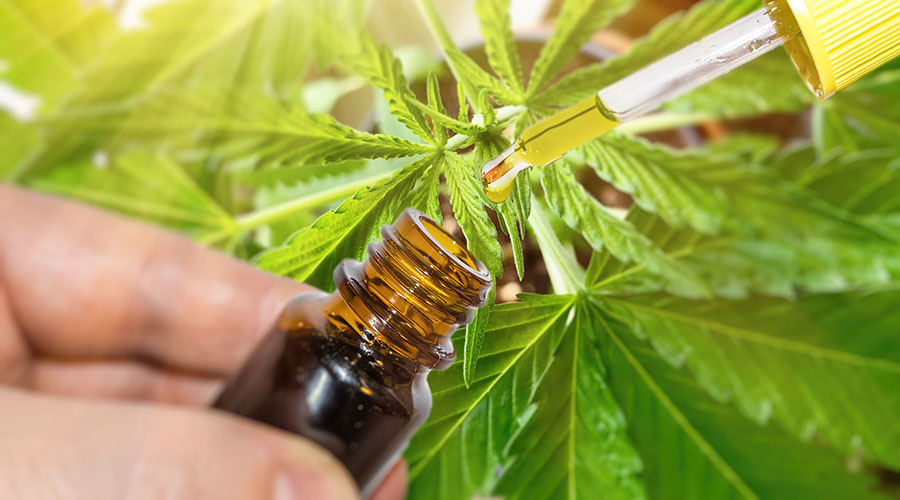
Contents
Unless a CBD product is approved by the FDA as a drug, no one can claim that CBD cures, treats, or prevents any kind of disease. Yet, that doesn’t mean this special cannabinoid doesn’t have therapeutic value. Based on current data and research, CBD exhibits many kinds of beneficial properties. Also, it interacts with the Endocannabinoid System (ECS), which significantly impacts the overall health of our bodies and minds.
As such, the scientific community is exploring CBD as a potential treatment to use in diseases such as cancer. Until enough clinical trials exist, CBD will likely remain a complementary therapy. Let’s take a look at what the science tells us so far about CBD oil for cancer. Before we do, how about we do a little refresher on CBD.
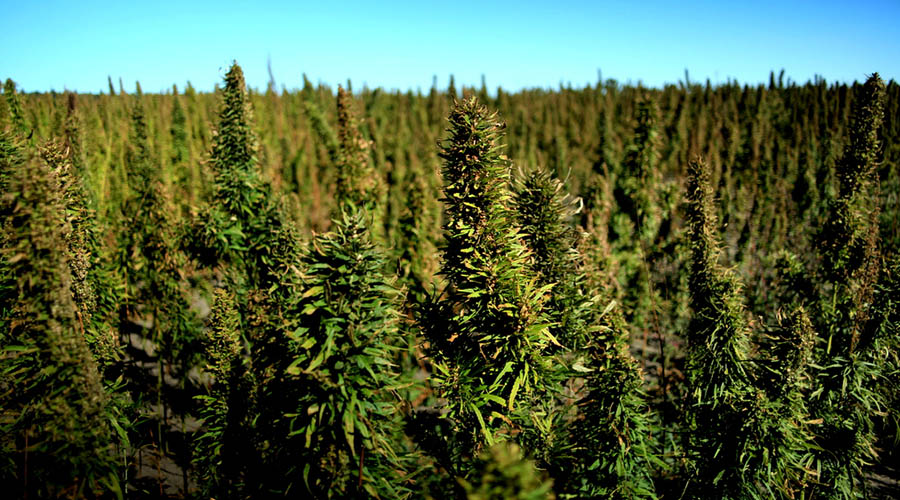
What is CBD and where does it come from?
CBD is short for Cannabidiol. It’s one of over 100 identified chemical compounds in the Cannabis sativa L. family. There are high concentrations of CBD in the hemp plant — which is why you’ll find lots of CBD products made from industrial hemp. Also, as of December 2018, the United States passed a law making it federally legal to buy hemp-derived CBD products that contain 0.3% THC or less.
When you’re looking for a CBD based product online, you’ll see several types of options. Some products are marketed as full-spectrum, broad-spectrum, and isolate. Each one is slightly different and selected based on personal needs and preferences. Read more about them in our blog “CBD Isolate vs. Full Spectrum CBD: All You Need to Know.”
What are the benefits of CBD?
Although research on CBD is still in its infancy, the studies and trials that do exist are positive. To date, this cannabinoid has been shown to have anti-inflammatory and neuroprotective properties, anxiolytic effects, and it may even reduce seizure frequency. There’s also research that examines the effects of using CBD oil for cancer.
We’ll examine some of the studies conducted on cannabinoids and cancer, with a focus on the most common types — skin cancer, breast cancer, and prostate cancer.

CBD oil for cancer: what the science reveals
Cancer is a disease that affects millions of people all over the globe. It’s a complex disease that at times is resistant to treatment or incurable. To better understand what cancer actually is, we turned to doctor Ethan Russo, MD. He says, “cancer arises due to a loss of ability for malignant cells to undergo apoptosis, a normal process of programmed cell death whereby the body remolds and renews itself. Instead, cancer cells become immortalized, divide and grow in an uncontrolled fashion, invade surrounding tissues, stimulate their own blood supply, and even metastasize.”
He went on to explain the relationship between CBD and cancer. He states, “the endo- and phytocannabinoids, particularly CBD, have the ability to reverse or prevent many of these effects, as demonstrated in experiments in many cancer cell types and even in a growing number of case reports in humans.”

A few case studies
In a study by the University of Calgary, thousands of anonymous surveys about cannabis use were distributed to cancer patients in Canada. Of the 3,138 surveys sent out, a total of 1,987 were completed. From these respondents, 356 reported that they used cannabis within the previous six months. And 36% of them were first-time cannabis users.
Furthermore, 70% of the patients said they started consuming cannabis due to at least one cancer-related symptom. Of these patients, 55% of them agreed with the following statement, “cannabis helps treat symptoms related to cancer like nausea and pain.”
There was a comparable study that took place in 2011. In this study, 279 Israeli cancer patients received a permit to use cannabis. Of these patients, 69 of them were surveyed. They reported that cannabis use improved their pain, increased their appetite and decreased symptoms of nausea.
Finally, a small study in Washington questioned 926 cancer patients from the Seattle Cancer Center Alliance. From the survey responses, the research team learned that 74% of these patients wanted information about cannabis treatment options from their cancer care providers. Twenty-one percent of them used cannabis during the past month for physical or psychological reasons. Some of these patients experienced a reduction in pain and nausea, while others found it helped them cope with stress, depression, and insomnia.
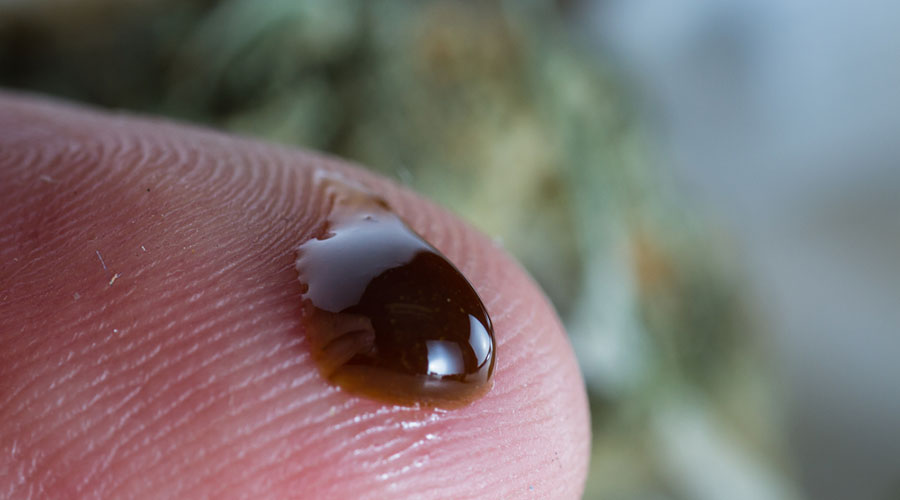
Skin Cancer
According to the American Academy of Dermatology, the most common type of cancer in the U.S. is skin cancer. Approximately 3.5 million Americans are diagnosed with skin cancer every year. Sadly, the number of people affected has been steadily increasing since 1982.
A study published in the Journal of Dermatology and Clinical Research found that endocannabinoids and phytocannabinoids decrease skin cancer growth, like melanoma, through their interaction with the ECS. When the body has high levels of endocannabinoids, which is possible by supplementing with CBD or THC, this can suppress tumor growth and migration.

Breast Cancer
Breast cancer is one of the most common cancers in women, second only to skin cancer. It affects approximately 1 in 10 women in the U.S. Evidence shows that certain breast tumors don’t respond well to conventional therapies — and some even relapse. Therefore, other options like cannabis, are being explored.
In fact, over the last decade, experimental evidence shows that cannabinoids possess anti-cancer activity. Based on these findings, CBD oil and other cannabinoid derived products could be useful for women with breast cancer.
Prostate Cancer
Prostate cancer is the second most common cancer for American males. According to the American Cancer Society, approximately 1 in 9 men will be diagnosed with prostate cancer in their lifetime.
Currently, many treatments for this disease exist. Even so, research is being conducted to see if CBD can be added to the list of treatments. Thus far, research suggests that CBD oil might kill prostate cancer cells.
In a study from 2013, scientists discovered that CBD significantly inhibited cell viability in prostate cancer growth. Based on these findings, the data can support the clinical testing of CBD oil for cancer of the prostate. This is something we hope to see in the near future.
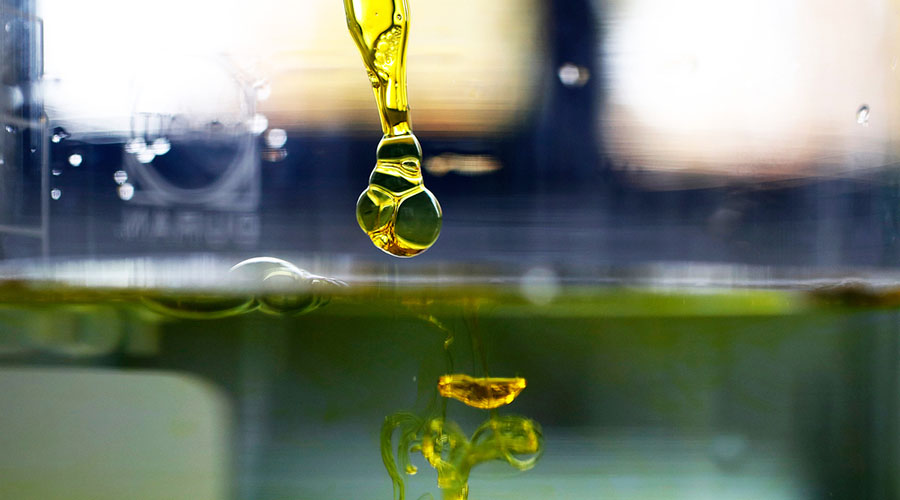
CBD oil for cancer side effects
CBD oil is just one option to explore if you’re open to botanical medicines because it may help manage the symptoms and side effects of cancer. According to Ethan Russo, MD, “properly constituted cannabinoid treatment may hold the promise of additional ‘side benefits’ by simultaneously addressing attendant symptoms of cancer: pain, nausea, sleep disturbance, depression, and anxiety.”
Here are several ways CBD and other cannabinoids can be used as a complementary therapy for cancer:
- Appetite stimulant. Many cancer patients experience loss of appetite because of treatment, making it hard to maintain a healthy weight. CBD, along with other cannabinoids, including THC can help stimulate the appetite.
- Pain relief: Cancer can cause pain from inflammation, nerve injury, or put pressure on internal organs. CBD indirectly acts on CB2 receptors which can reduce inflammation and THC directly interacts with CB1 receptors which can reduce pain from nerve damage.
- Nausea: Chemotherapy can cause nausea or vomiting. The anti-nausea effects of cannabis come from THC.
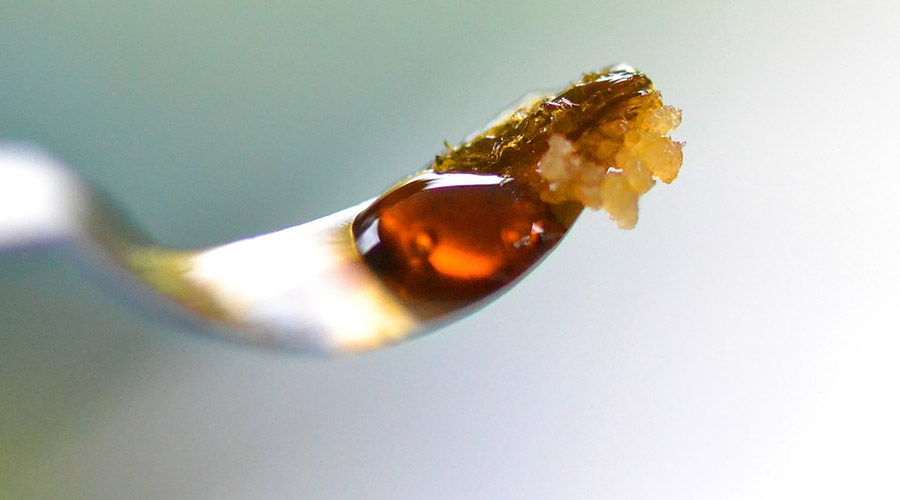
Is CBD oil safe to consume?
Generally speaking, the answer to this question is yes. This answer is supported by the CBD Critical Review Report published by the World Health Organization (WHO) in June 2018. They found that CBD has a good safety profile. Furthermore, in their report, they conclude that CBD is well-tolerated by most people and has relatively low toxicity. Some of the minor side effects of CBD oil include diarrhea, loss of appetite, and fatigue.
However, for someone receiving conventional cancer treatment, such as chemotherapy, there’s potential that CBD oil can negatively interact with the treatment. Research indicates that CBD and other plant cannabinoids can inhibit the activity of cytochrome P450, a group of liver enzymes. This group of enzymes is responsible for processing and metabolizing drugs, like pharmaceutical meds. If the doses of CBD are too high, it can temporarily deactivate P450, hindering the body’s ability to metabolize medicinal compounds.
Therefore, it’s important to discuss your healing protocol with your oncologist. If you want to supplement with CBD while receiving chemo, then a proper adjustment to your treatment must be made. This way, your body can adequately process the toxins from treatment.
Final thoughts on CBD oil for cancer
Clinical evidence is needed before doctors consider CBD oil in the treatment of cancer. In the meantime, CBD and other cannabis cannabinoids can help reduce the side effects of chemotherapy and other treatments. This includes minimizing pain and nausea, improving the quality of sleep and stimulating appetite. Plus, the case studies and research we mentioned in this article indicate that CBD has much more potential than just reducing side effects.
If you’re considering using CBD oil as part of your cancer treatment, we advise that you consult with your doctor first.

